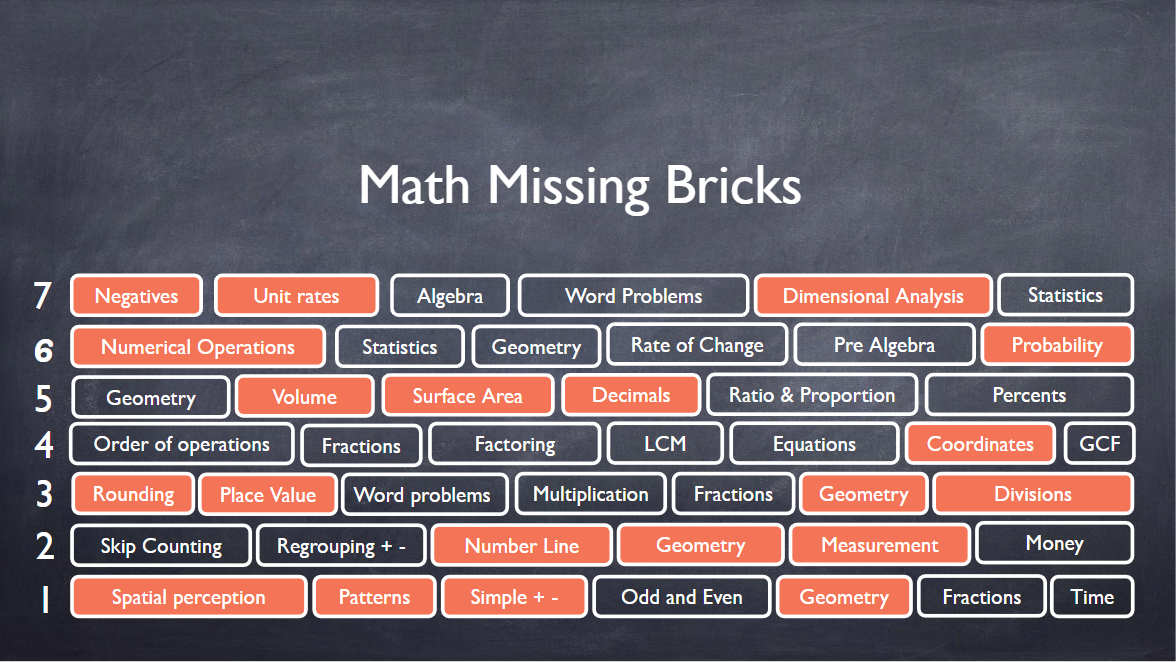Sometimes, parents know when their children are going to experience delays or fall behind in school. Take, for example, a New York mother of twins who could spot indications that one of her twins was experiencing difficulties as young as two-years-old. According to the New York Times, "By the time T.J. was about 2½-years-old, it was clear to his mother that he was already behind. His twin brother was speaking in full sentences. T.J. couldn’t say a word." In this same article, it states that T.J. is now in sixth grade and reading at a first-grade level. He's one of over 200,000 students in the public school system in New York City with a learning disability classification, which could include mild symptoms of dyslexia to physical disorders that are more complex.
word." In this same article, it states that T.J. is now in sixth grade and reading at a first-grade level. He's one of over 200,000 students in the public school system in New York City with a learning disability classification, which could include mild symptoms of dyslexia to physical disorders that are more complex.
What Are Some Social And Emotional Markers Of A Child Who Is Falling Behind?
Stress: does your child seem to be experiencing more pressure than usual? Have you recently moved to a new town and they're having difficulty fitting in with their peers? Are there any dramatic shifts occurring at home? Has your family recently experienced the loss of a loved one? By answering these questions among others, you may be able to determine the source of your child's stress. In doing so, you may also be able to identify the root of your child's academic performance issues.
Anxiety: it isn't uncommon for children to experience anxiety in the classroom to include generalized anxiety, social anxiety, separation anxiety, and obsessive-compulsive disorder. If these conditions are occurring with your child, it causes their brain to lock up and, as a result, they'll begin falling behind in their studies and classroom work.
Emotional and social withdrawal: if you notice your child withdrawing from their peers or social activities, this could be the result of social fear. While it could stem from social anxiety, it may also be the result of their desire for having a preference for solitude. However, school difficulties are often the result of social withdrawal during childhood.
Why Is It Important To Catch It Early?
According to the Campaign for Grade-Level Reading, an effort recognized nationally for the importance of 3rd-grade reading; there's research indicating that students who show proficiency in reading by the time they complete 3rd grade, they'll “shift from learning to read to reading to learn." What this means is they'll have an understanding of complicated subject matter upon entering the 4th grade and begin that coursework.
Therefore, the early the intervention occurs the better it is for the student. If they’re struggling and falling behind throughout their earlier years of elementary school, then they’ll have more trouble with keeping up and comprehending the work in high school. While some school districts believe intervention can begin as early as middle school, starting earlier is essential. You can help your child from falling behind by doing the following:
Frustrations: your child needs to experience frustrations. It's a normal and healthy part of life. Let them become angry about the subject they're struggling with, and then help them sort through those feelings.
Give them a break: when your child is screaming, "I can't do it," to you, it's time for a break. Allow them to blow off steam, and return to their work with some support from you.
Forget rationalizations: if you're continually trying to have a rational conversation with your child about school, or grilling them about why they're falling behind, it's going to result in an argument. Instead, wait for them to calm down and then attempt a conversation.
Allow for mistakes: your child is going to make mistakes, so don't attempt to correct their homework. Wait for them to ask you for help. That way their teacher is clear regarding what they do and do not understand.
Get organized: the sooner your child possesses organizational skills, the better it is for them in the long-run. Not only will they be able to carry this skill with them throughout school, but it will help them from falling behind.
A myriad of reasons could lead to a child falling behind in school. Ultimately, parents and administrators must work together to address the situation as early as possible. In doing so, they’ll help children become more successful students as they enter high school.
Resources
https://www.ncbi.nlm.nih.gov/pmc/articles/PMC3800115/
http://gradelevelreading.net/about-us/campaign-overview
https://www.psychologytoday.com/us/blog/pride-and-joy/201209/battles-over-homework-advice-parents





